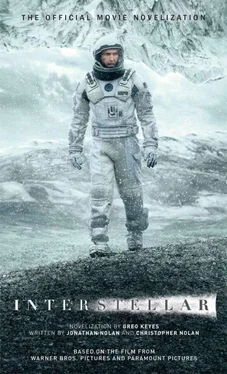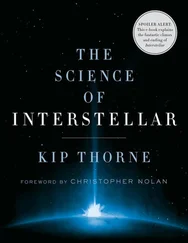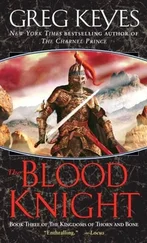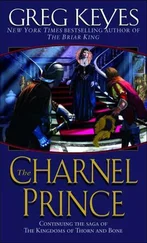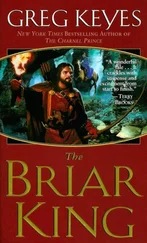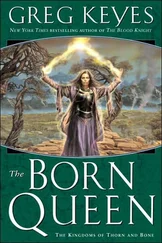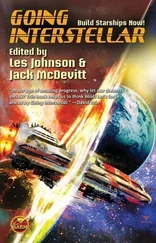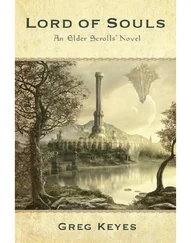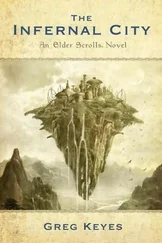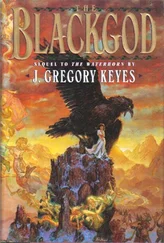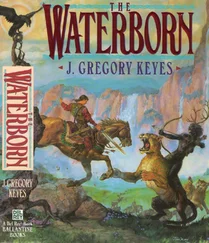He imagined the plan B kids, born into that dark, icy world. Romilly and Brand would tell tales of a warmer, sunnier place, but in a few generations those stories would be forgotten, and permanent night and winter would be all they would know.
Was this what “they” had planned? Their mysterious benefactors who scribbled coordinates with gravity?
Somehow it didn’t seem like enough.
Maybe he was wrong. Maybe it wasn’t dark down there—maybe the ice splintered the light into constant rainbows, and geothermal forces created hot spots as comfortable as any tropical paradise. Mann seemed confident enough in the place.
Anyway, it was almost out of his hands now. He was nearly quit of plan B.
Then he realized Mann was talking to him.
“Brand told me why you feel you have to go back,” he said.
Cooper set his feet. He’d been afraid of this.
“If this little excursion is about trying to change my mind,” he said, “let’s turn around right now.”
“No,” Mann assured him. “I understand your position.”
He turned and continued walking.
Still a little suspicious, Cooper followed.
“You have attachments,” Mann went on. “I’m not supposed to, but even without family, I can promise you that the yearning to be with other people is massively powerful. Our instincts, our emotions, are at the foundations of what makes us human. They’re not to be taken lightly.”
A wind whipped down the canyon, gusting ice crystals between them.
* * *
After introducing Getty to Lois and Coop, Murph slipped upstairs to her old bedroom. Part of her was almost afraid of what she might see there, of the memories it would stir. She knew, though… she knew that this was where it started, that there was something this place could tell her.
Had been waiting to tell her.
After a little pause, she opened the door.
“Mama lets me play in here.”
She realized with a start that Coop had followed her. The boy pointed to a box on one of the shelves.
“I didn’t touch your stuff,” he said, with the over-earnestness of a child who wasn’t telling the truth.
It didn’t matter, of course. She didn’t have any use for whatever was there, did she? If she had, she would have taken it long ago.
* * *
As Amelia watched the lander descend, she felt a sense of finality come over her, a door closing forever, or like—what was the old expression? As if she was burning the bridge behind her. This was really it. She was going to spend the rest of her life here, watching over plan B, rearing children who would never know any other mother than her, no fathers other than Mann or Romilly.
Cooper was going—and with him all hope for Wolf.
Why didn’t you tell me, Dad? she asked the mute ghost of her father. Why didn’t you trust even me? But what would she have done with that knowledge? Would she have warned Cooper away? Without him, they would never have gotten this far. Would she have been able to lie to him, in the name of the greater good?
Maybe.
Probably. But her father had robbed—or spared—her knowing for sure if she was capable of his sin.
She turned away from the spray of ice as the lander touched down. It didn’t matter, did it? There was a lot to be done, and not a lot of time to do it in. But after that—well, there would be more than enough time. And at least she wouldn’t be alone. She wasn’t sure she would have the strength to do this alone.
* * *
Romilly watched as TARS connected the inert KIPP to his own power, thinking about the moment when the robot would cross Gargantua’s singularity.
He realized he was jealous of Cooper—not because he was going home, but because he would be there when the quantum data started coming in to see it first—if anything did, in fact, come through. The odds were low, but even the smallest chance made it worthwhile. A chance to revive plan A, sure, but also just to know , to see whatever it was that could reconcile relativity and quantum mechanics, the very big and the very small… how fantastic that would be! Worth all of it, at least to him, after those long years of staring at Gargantua alone.
Knowing the secret was there.
Knowing he could never see it.
KIPP stirred, and Romilly tried to return his attention to the task in front of him.
* * *
Even though he knew better, even though he was aware his suit was keeping him at a comfortable temperature, Cooper felt colder as the wind rose into fitful gales, streaming the ice-dust to hiss against their suits and scour the canyon walls. He began to doubt Mann’s prediction that the wind would soon subside.
The doctor was setting a pace that was hard to keep up with, and Cooper found he had dropped back a bit. Mann noticed, and stopped to let him catch up.
“You know why we couldn’t just send machines on these missions, Cooper?” Mann asked.
“Frankly, no,” Cooper panted. He had been wondering that for a while now. TARS or CASE could easily have accomplished what Mann, Miller, and the others had done. Maybe more reliably—TARS might have survived the wave that killed Miller, at least long enough to post a sign on the cosmic bulletin board that said “Keep the hell away from here!”
He caught up, and Mann continued forward.
“A trip into the unknown requires improvisation,” he said. “Machines can’t improvise well because you can’t program a fear of death. The survival instinct is our greatest single source of inspiration.”
He stopped and turned to Cooper, a fish-eye view of the canyon faintly reflected on the glass of his helmet.
“Take you,” he said. “A father. With a survival instinct that extends to your kids—”
“That’s why I’m going home,” Cooper said. “Hopeless or not.”
“And what does research tell us is the last thing you’ll see before you die?” Mann pushed on.
He acted as if Cooper should know the answer to that, but he didn’t have any idea what the scientist was getting at.
What was clear was that the conversation was taking a distinctly morbid turn. He couldn’t blame Mann for having things to get off his chest after what he’d been through—but couldn’t it wait until they were back, comfortable in the lander?
Apparently not, because when he saw that Cooper had no reply, Mann continued.
“Your children,” he said, pausing again. “At the very moment of death, your mind pushes you a little harder to survive. For them.”
Then he started walking again.
Okay , Cooper thought. Maybe Mann had been alone a little too long.
* * *
When Murph brought Coop back down the stairs, she found Getty with his stethoscope, listening to Lois’s back, a grim expression on his face. He shook his head and looked up at her.
“They can’t stay here,” he said. Before he could continue, however, another voice cut in.
“Murph?”
It was Tom. He was standing in the doorway, looking confused.
“What is this?” her brother asked.
As KIPP came partly to life, data began fluorescing across his screen. Romilly followed it—at first casually, but then with mounting confusion.
He took his helmet off for a better view.
“I don’t understand,” he murmured.
* * *
The canyon lay behind them, and Cooper followed Mann down to a vast plain of ice. He felt dwarfed by it, like a flea on a bed sheet. Wind had striated the ice, carved it into a low relief, almost as if someone had scratched it with their nails.
Lots of someones, actually.
His imagination suddenly summoned an army of thousands of ghostly, ice-colored creatures, defeated in some ancient battle, being dragged off by the victors, their claw-like nails digging futilely into the surface, leaving the marks that remained until the present day…
Читать дальше
